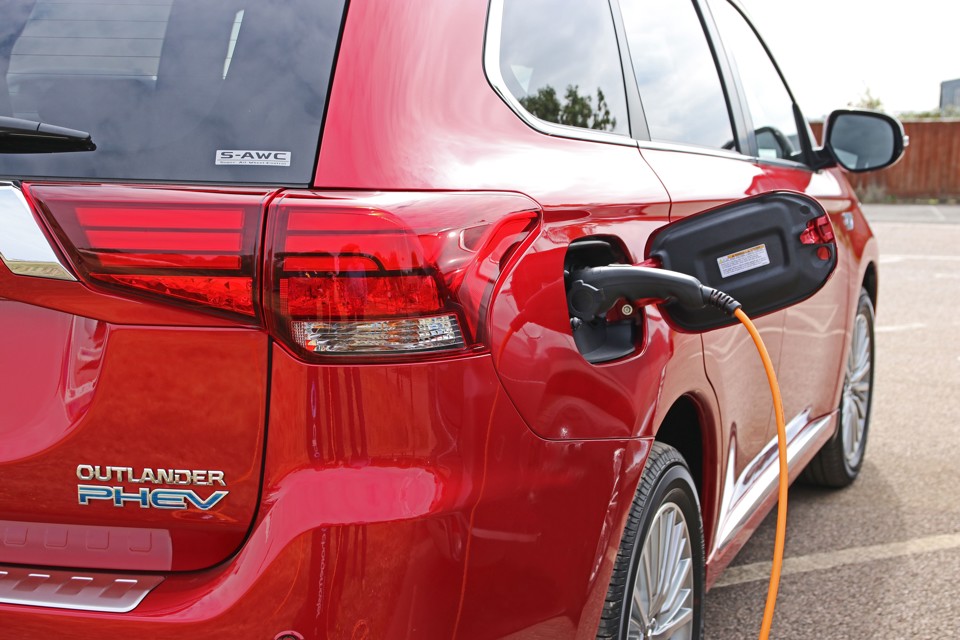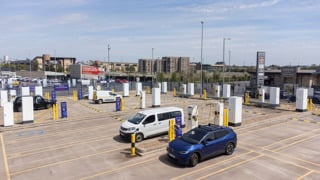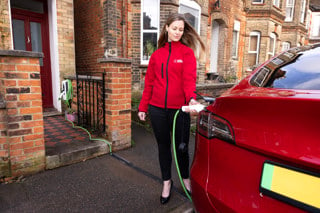More than 3 million public charging points will be needed if the EU is to become climate neutral by 2050, according to research group Transport & Environment (T&E).
It estimates the infrastructure would cost €1.8 billion a year, on average. The number of electric cars in Europe could reach 44m within ten years.
Currently there are 185,000 public chargers currently available in the EU, which are enough for the current electric fleet, but T&E says not enough to keep pace with the growing market beyond 2020.
Lucien Mathieu, emobility analyst of Transport & Environment, said: “The Green Deal for transport can only happen with zero-emission infrastructure. This means putting money into setting up the network of public chargers, especially at home and at work, and not in building more fossil gas pipelines. So far the number of charging points has kept pace with demand, but the coming electric surge needs to be supercharged by vastly expanding the charging network.”
To finance the necessary chargers, T&E highlights a business opportunity and says co-financing can come from the European investment plan, which aims to support €1 trillion of sustainable investment over the next decade under the EU Green Deal.
Mathieu added: “The shift to EVs will create a multi-billion euro market opportunity for European industry in the grid works, and manufacturing, installation and maintenance of public charging. The EU must do everything it can to fight the climate emergency while supporting jobs in Europe.”
Home and workplace charging must be prioritised, and between 20-30% of these chargers will need to be in disadvantaged and less densely populated areas to ensure everyone benefits from zero-emissions vehicles, said T&E.
The upcoming revision of the EU’s Alternative Fuels Infrastructure Directive is the critical moment for the European Commission to help drivers charge smoothly across the bloc and help businesses ride the electrification wave. T&E says it needs to be reviewed this year and should be turned into a regulation with ambitious targets to ensure a swift and harmonised roll-out of chargers throughout Europe.






















Roger Hill - 11/01/2020 16:29
3m EV chargers needed- I wonder how much CO they will generate in manufacture, and whether they have their own Return on Investment - or will it all become one huge Social Cost like the railways.